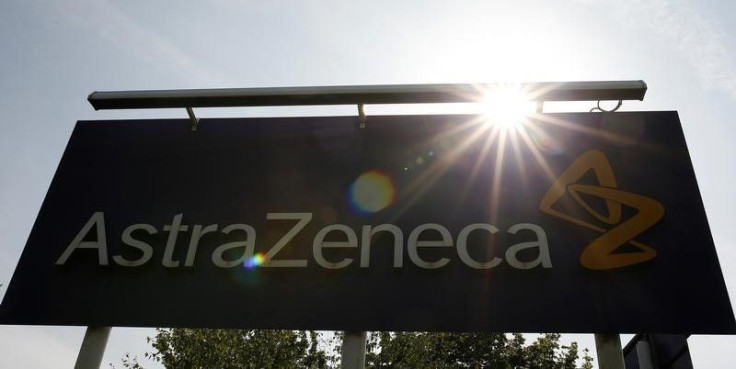AstraZeneca Diabetes Drug Combination Faces Delay After FDA Rebuff

LONDON (Reuters) - U.S. health regulators declined to approve a fixed-dose diabetes drug combination from AstraZeneca, delaying its launch and dealing a blow to an important plank of the drugmaker's business.
AstraZeneca said on Friday it had received a so-called complete response letter from the Food and Drug Administration (FDA) stating that more clinical data were required before it could approve the combination of saxagliptin and dapagliflozin.
Such letters typically outline concerns and conditions that must be addressed to gain U.S. approval and the move means AstraZeneca faces an unspecified wait in getting its potential blockbuster drug cocktail to market.
Deutsche Bank analyst Richard Parkes said the FDA move probably reflected lack of data on the new formulation rather than safety or efficacy concerns and it seemed likely a launch would simply be delayed by between 12 and 24 months.
Morgan Stanley analysts said a best-case scenario was an 8-10 months' delay but this could extend to a few years if new clinical trials were needed.
Last year, during its defense against a $118 billion takeover attempt by Pfizer, AstraZeneca predicted the saxagliptin and dapagliflozin fixed-dose combination could generate peak annual sales of $3 billion, out of total diabetes revenue of $8 billion expected by 2023.
Shares in the company were flat by late morning, underperforming a 1.5 percent rise in the European drugs sector.
AstraZeneca said the FDA wanted to see more clinical trial data from ongoing or completed studies and it might also require information from new studies.
The individual component drugs in the new mix are already approved and marketed for the treatment of type 2 diabetes, under the brand names Onglyza and Farxiga, and the FDA move is not expected to affect their status, the company added.
Sales of Onglyza reached $391 million in the first half of 2015, with recently launched Farxiga selling $205 million.
Onglyza is a type of diabetes medicine known as a DPP-IV inhibitor, similar to Merck's highly successful Januvia.
Farxiga belongs to a newer drug class called SGLT2 inhibitors, which have created great excitement since a clinical trial last month showed that Eli Lilly's Jardiance slashed deaths in patients at risk of heart attack and stroke.
(Editing by William Hardy, Jane Merriman, Adrian Croft)



























